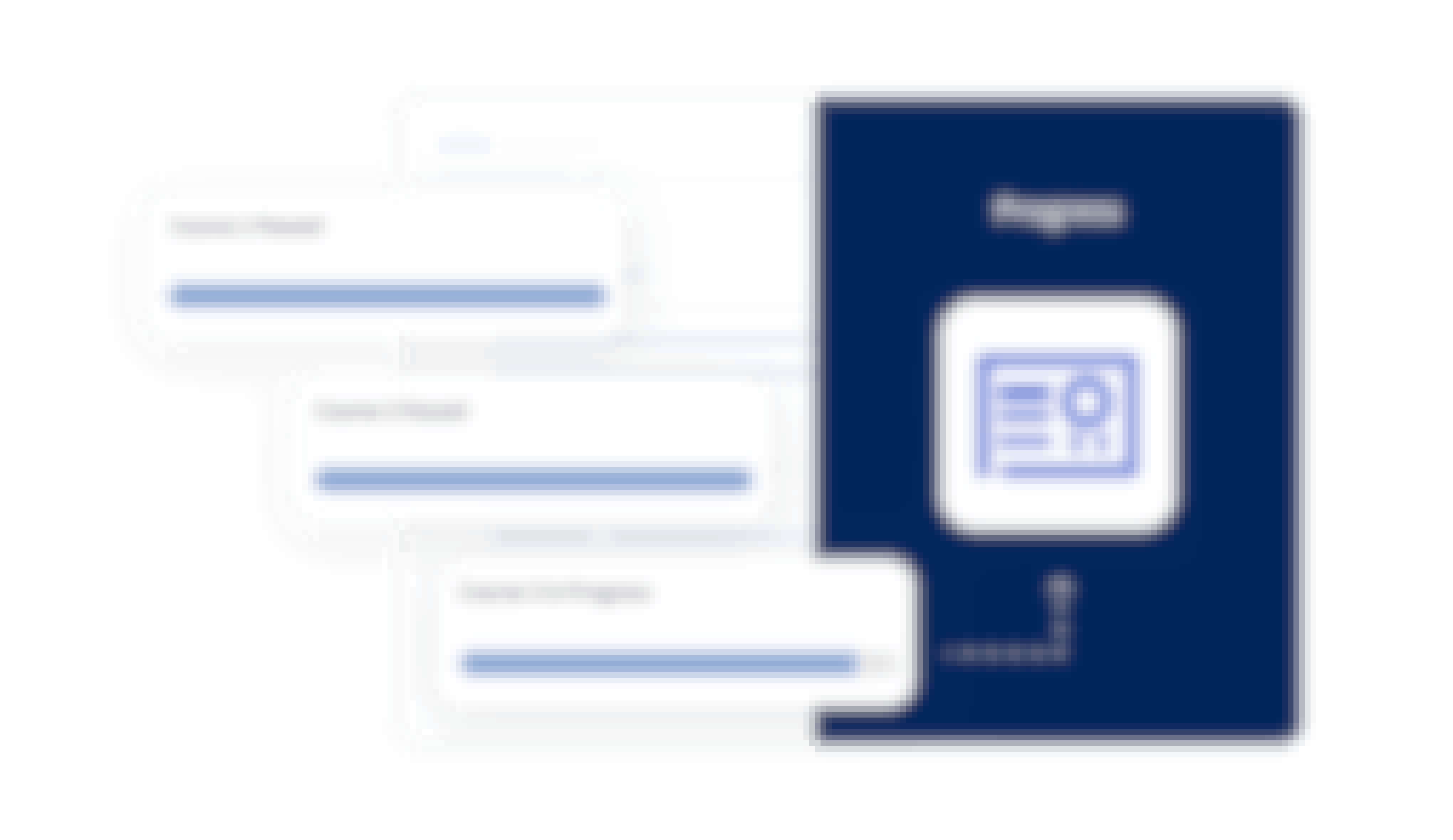
BSc Business Administration
Webinar on February 12: BSc Business Administration & BSc Marketing: A Conversation with Programme Director Dr. Yu Zheng | Register here


BSc Business Administration
University of London
Accredited Bachelor's degree
Offered by the University of London
36-72 months
12 courses total, 10-12 hours per week
£15,521-£20,657 total cost
Tuition varies by geographic location
Two admissions pathways
Choose between direct entry or PBA, depending on your qualifications
100% online
Lecture videos, live sessions, group feedback, and connection with instructors and peers
Secure a competitive advantage by gaining a multifaceted appreciation of organisations and how they function
The BSc Business Administration degree provides a foundation for advanced and independent study through establishing a common platform of essential knowledge and skills. A range of themes are offered to ensure that students appreciate the diverse, interdisciplinary nature of business administration. Students will develop the ability to analyse real-life problems facing businesses and develop effective solutions to them gaining or reinforcing a range of conceptual, technical, quantitative and personal skills.
Within this bachelor’s program, you can choose one of two pathways to tailor your learning experience to meet your individual goals:
The general pathway consists of four compulsory modules in Stage One, followed by a blend of compulsory and optional modules in Stage Two and Three, which cover a range of key Business Administration and global business topics.
The specialist pathway in Human Resource Management is dedicated to those looking to explore and further their understanding of contemporary Human Resource Management practices and organisational behaviour, on an international scale.
Flexibility
Program length
Try a course
World-class tuition
Applications for the Spring 2026 cohort are open!
- Application deadline: March 16, 2026
Upcoming events
- February 12: BSc Business Administration & BSc Marketing: A Conversation with Programme Director Dr. Yu Zheng - Register here
- March 3: Admissions Insider - Register here
- March 3: Funding your Studies Insider - Register here
Additional resources
- Questions? Please contact the University of London
- View the Prospectus; Programme Specification and Schedule of Programme Fees
Welcome back! 🎉
We’re glad that you’re interested in this program. Take 30 seconds to request more info now and get insights from Coursera’s enrollment experts so you can make an informed decision.

Applications for the Spring 2026 cohort are open!
- Application deadline: March 16, 2026
Upcoming events
- February 12: BSc Business Administration & BSc Marketing: A Conversation with Programme Director Dr. Yu Zheng - Register here
- March 3: Admissions Insider - Register here
- March 3: Funding your Studies Insider - Register here
Additional resources
- Questions? Please contact the University of London
- View the Prospectus; Programme Specification and Schedule of Programme Fees
Welcome back! 🎉
We’re glad that you’re interested in this program. Take 30 seconds to request more info now and get insights from Coursera’s enrollment experts so you can make an informed decision.

Spring 2026 application deadline: March 16
Don’t miss your chance to join the intake!